In this three-month long investigation, Daily Trust on Sunday went undercover to expose a shadow economy of illegal kidney trade in Nigeria’s Federal Capital Territory. One million naira is the ‘official’ price for a kidney in the black-market. This investigation uncovered a cell of kidney agents that have been planted in satellite communities to target and lure young men from low economic backgrounds to sell their kidneys. The growing trend of kidney harvesting has, however, raised the question of why the Nigerian Medical Association, the Nigerian Medical and Dental Council, or even the Ministry of Health have not taken action against defaulting hospitals in this trade despite a series of media reports linking a hospital with illegal kidney transplant practices.
As the rising sun ushers a bright morning in the bustling Mararaba community, a satellite town that stretches along the Keffi-Abuja highway into Nigeria’s Federal Capital Territory, the streets spark of the usual density of street vendors, vehicles and motorcycles that provide a mixed recipe of chaos, lowlife and vigour.
Among its thousands of residents, many from low economic backgrounds, Mararaba boasts of an explosive youth population from a blend of Nigeria’s multi-cultural identities, who have migrated from various parts of the country for a chance to break the shackles of poverty.
Today, Mararaba in Karu Local Government Area of Nasarawa State, is a thriving community with many offshoots where everything is sold on its streets, including human kidneys.
It was here in Tudun Wada, an area of Mararaba that Aminu Yahuza contemplated suicide in June 2023. Aminu is a 25-year-old unemployed Nigerian with many financial troubles. To alleviate his troubles, he had approached his 23-year-old cousin, Abbas Yusuf to link him up with a kidney agent.
Having sold his kidney to a “South African” female patient in June 2022, Abbas, a resident of Mararaba quickly called his friend, Abdulrahman, who works as an agent to let him know there was a new ‘donor’ on the waiting list.
Soon, Aminu’s blood sample was requested, and a few days later, his kidney was harvested at a private hospital in Abuja and implanted into a waiting patient. With the payment of N1million for his kidney, Aminu Yahuza was a happy man until two of his friends duped him of half the money.
“I have lost my kidney, I have no money or job, and I no longer have the strength to do any strenuous work,” he told our reporter on a Thursday morning in September. “I just thought I should end it,” he said of his earlier suicidal thoughts.
Aminu’s cousin, Abbas had sold his kidney for N1.2m last year, the highest anyone among his peers had received for their kidney. He was lured by two of his friends, Abdulrahman and Habib; two brothers who have equally sold a kidney each. But beyond that, the two brothers are part of an unknown number of local kidney agents recruited by a Lagos-based kidney broker. Their job was to target and lure young boys and youths from low economic backgrounds to sell their kidneys.
In this investigation, Daily Trust on Sunday provides insight into a shadow economy of illegal kidney trade that may have thrived for many years out of public sight. This newspaper reveals that N1m is the ‘official’ price for a kidney in the black market, and Nigeria’s socio-economic challenges continue to push many young, able-bodied men to sell their kidneys without minding the long-term repercussions.
to sell his kidney, the 16-year-old said, “He told me that there is a hospital that buys kidney and that he also sold his own at N1m.”
After the necessary blood screening, Yahaya’s kidney was surgically removed, and a few days later, he walked out of Alliance Hospital, N1m richer. He paid the agent 10 per cent of the money.
A drug prescription sheet written for his post-surgery care made available to this newspaper showed it was signed by Dr Aremu Abayomi Adeniran, a consultant urologist and the deputy director, Clinical Service at Alliance Hospital. The same doctor had performed the surgery on Oluwatobi in February 2023.
Describing the pains he now goes through, Yahaya said, “The hospital gave me some drugs after the operation, but I went back and told them the drugs had finished and I was feeling pains in my stomach. Dr Aremu said I should take paracetamol anytime I feel the pain.”
But more than five months after the surgery, Yahaya said the pain had not subsided.
His 58-year-old father, Musa Yahaya confirms this and said that as soon as he found out, he reported the incident at the Garki police station and was informed that the police had invited Dr Adeniran for questioning but later released him.
“In 2022, my younger sister needed a kidney transplant and the private hospital treating her in Abuja told us that they could help us arrange for a kidney. But my sister’s son donated his kidney and despite this, we lost her a few months later,” said an Abuja resident who asked to remain anonymous.
Though Abbas, Aminu, Oluwatobi and Yahaya had admitted that they felt safe with the surgical procedure because it was carried out by licensed medical doctors, in ‘highly reputable’ private hospitals, consultant nephrologist, Prof Aliyu Abdu cautions that there are long term health repercussions for such illegal donations.
“In environments where commercial donation takes place, the ‘donors’ are at great health risks,” he said, adding that, “Most of them are full of psychological issues and regrets, especially when they realise that the motive for the donation was money and when they get the money and it is unable to solve their problems, they end up with regrets and some of them develop psychological issues and some become depressed.”
Going undercover as a kidney broker
To verify the information obtained from victims and sources, Daily Trust on Sunday went undercover, posing as a kidney broker and was linked to a kidney agent called Chiboy. His identity was verified as Joseph Paul Chimobi who claims to be 18 years and lives in Mararaba community. Sources in the ‘business’ said Chiboy was Mayor’s trusted agent and often called “Mayor’s boy.”
After weeks of planning, this reporter called Chiboy and requested for an 0+ blood type. At first, he was suspicious and wanted to know how this reporter got his number. When told she got it from a medical staff from one of the private hospitals in Abuja, he relaxed and said he could supply the needed blood group the next day. Chiboy then requested an immediate transfer of N5,000 as transport fare to bring the ‘donor’ from Mararaba to Abuja the next day. The money was paid into his Palmpay bank account.
He then insisted on negotiating price and stressed that the price for a kidney was now N2m. “The boys no dey gree for N1m again o, na even N2m them dey collect now,” he insisted in pidgin English.
After bargaining, Chiboy settled for N1.5m and reminded this reporter that his commission would be N150,000.
At 8am the following morning, Chiboy called to request for additional N5,000, saying the ‘donor’ was in Keffi, Nasarawa State and he had sent him N4,000 from the initial N5,000 to transport himself to Mararaba. Our reporter, however, insisted that they transport themselves to Abuja on the assurance that they would get a refund.
At 12:30pm on a Tuesday in October, Chiboy and a 38-year-old ‘donor’ met this reporter at an undisclosed location in Abuja, where it was agreed that the ‘donor’ would be physically assessed, as well as to conclude discussions on payment.
During the encounter, Chiboy laid back to allow the ‘donor’ do the bargaining. This reporter had earlier given specifications for a donor who had no history of drinking or smoking. However, the ‘donor,’ who is married with two children, confessed to being a mild drinker and said he had quit smoking. That provided the loophole for this reporter to re-bargain at a lower price.
The 38-year-old said he worked in a hotel before he was laid off and was now in desperate need of money to care for his family. He, however, insisted on N1.5m even when this reporter stood her ground that he had not met the agreed specifications and would have to revert to the renal patient.
When told that the patient was in Kano State but planning to find a suitable hospital for the surgery in Abuja, Chiboy immediately suggested the use of Alliance Hospital for the surgery. When asked why, he said, “Alliance dey fast, na there I dey work before. Their own na just one week stuff.” Asked why he left Alliance, he said: “Mayor no dey work again. You know, e get the time wey he come do some kind thing. He don stop, he dey Lagos now dey do company work.”
The ‘donor,’ who is a father of two, sounded desperate and said he understood what he was sacrificing but needed to do that for the future of his children.
During conversations, Chiboy confirmed that Mayor had offered between N1m and N1.3m to boys offering their kidneys for sale. He insisted that his price as an agent would be 10 per cent of the agreed amount.
“Mayor na N250,000 e dey pay me for one person. I dey carry like five boys for Mayor and e dey pay me N250,000 per person,” he said.
One hour into the meeting, it was time to go as this reporter assured Chiboy and the ‘donor that she will get in touch after settling the price with the patient.
A day after meeting Chiboy and the kidney ‘donor,’ this reporter informed Chiboy that the renal patient was offering N1m as the donor did not meet the specifications. The ‘donor’ tried to persuade this reporter to convince the patient to settle for N1.5m and said he had been offered N2m for his kidney in Minna, Niger State.
“It is just that I don’t want to travel to Minna for the surgery, but people are paying higher for this thing now,” he insisted. This reporter, however, assured him that the patient was adamant and may have found someone else.
Sources within the ministry confided in Daily Trust on Sunday that the ministry had no policy for organ harvesting and transplantation despite the provision of the National Health Act.
“Hospitals are free to come up with their guidelines,” a source from the ministry said.
With no regulation governing organ harvest and transplantation in Nigeria, medical experts insist that health care providers must be guided by ethical principles, their religious beliefs and must have concern for other citizens, not just their patients.
Prof Abdu said, “There are laid down guidelines, both internationally and locally, governing organ transplantation. We have the WHO and a famous one, the Istanbul Declaration, which gathered people under the WHO. Different countries were represented, including Nigeria and developed a guideline governing organ transplantation worldwide.”
Credit: Daily Trust
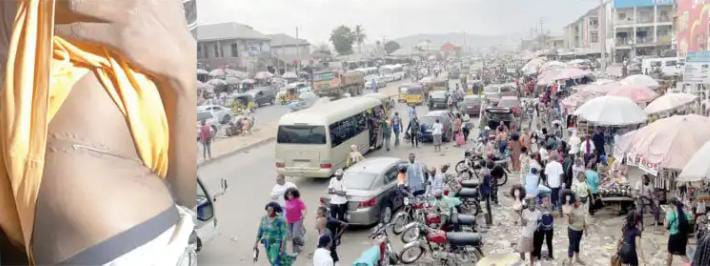

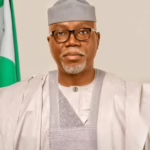

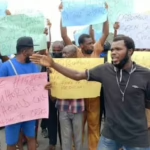
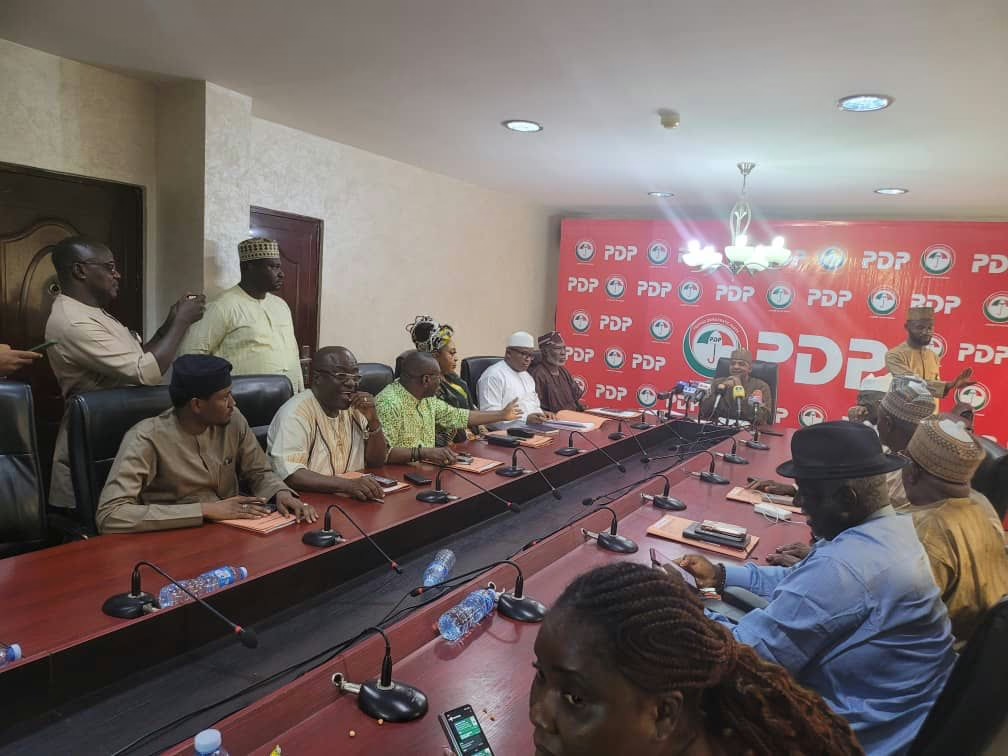
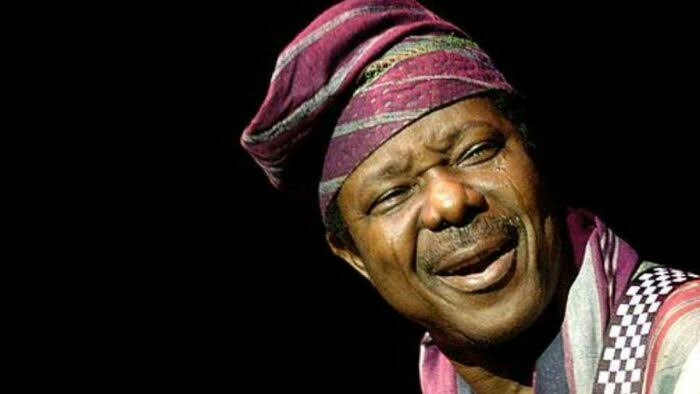


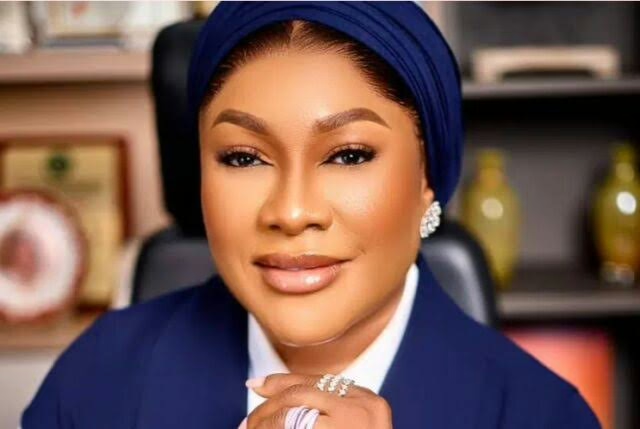

Leave a Reply